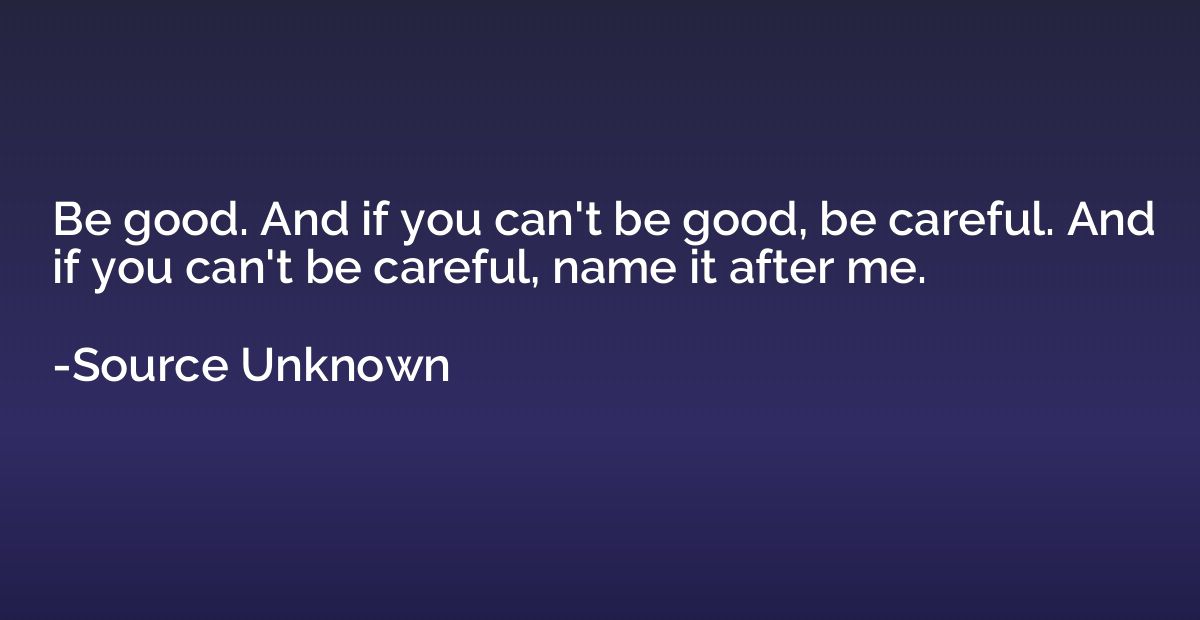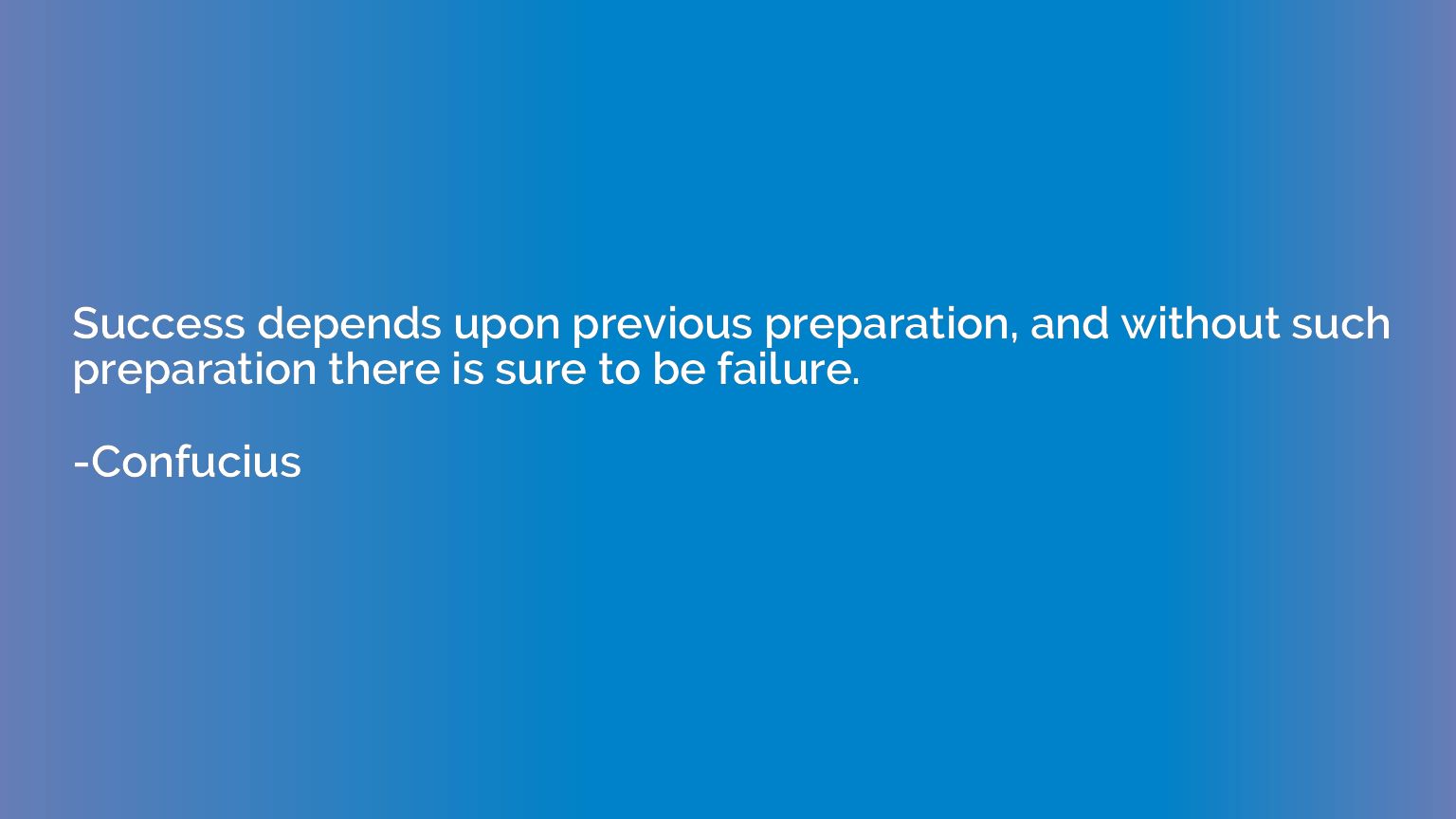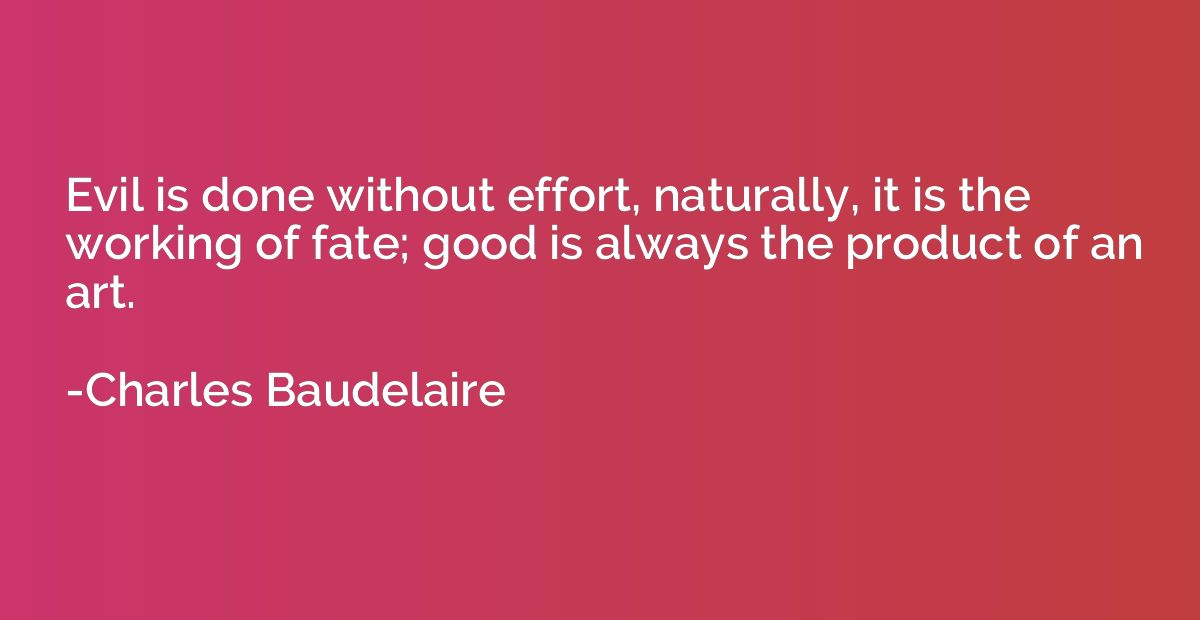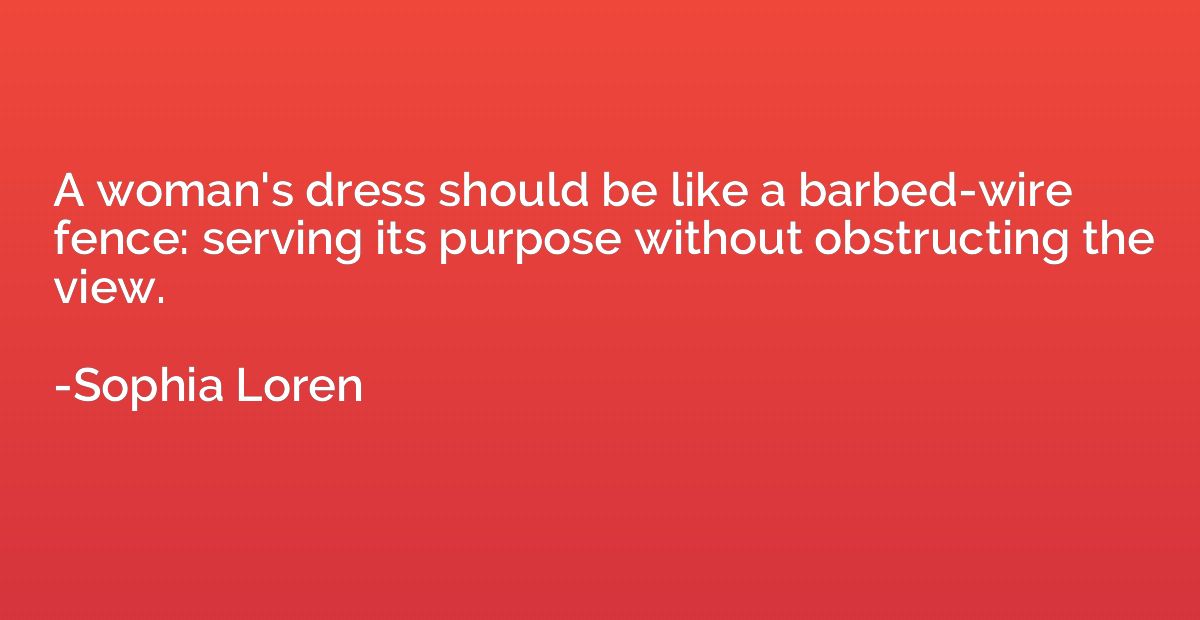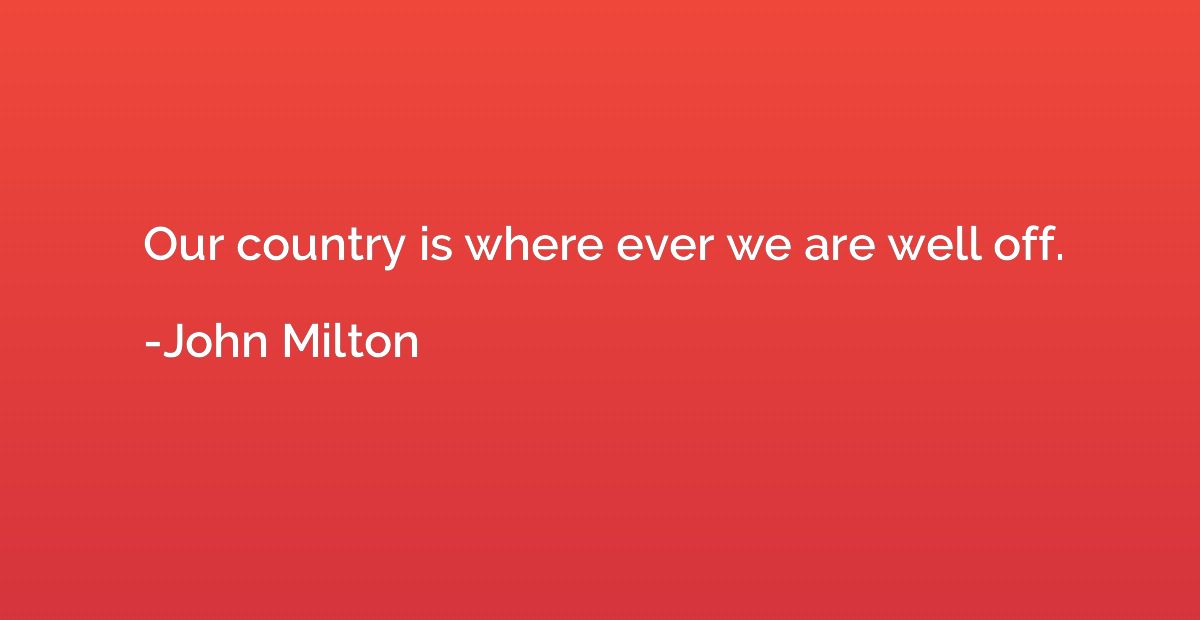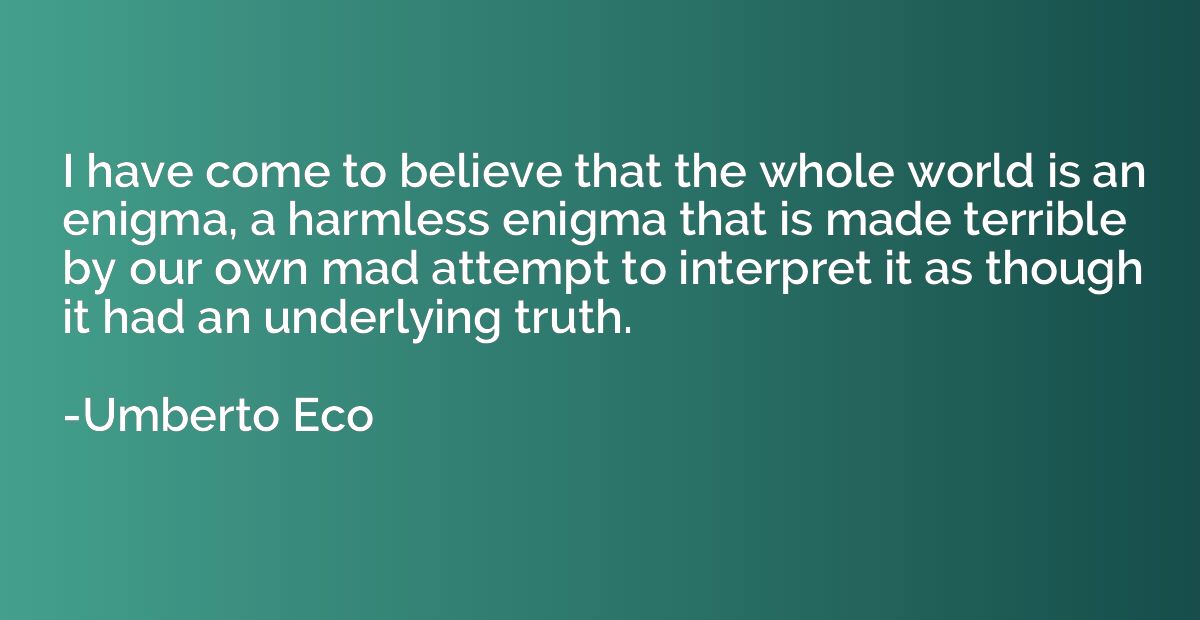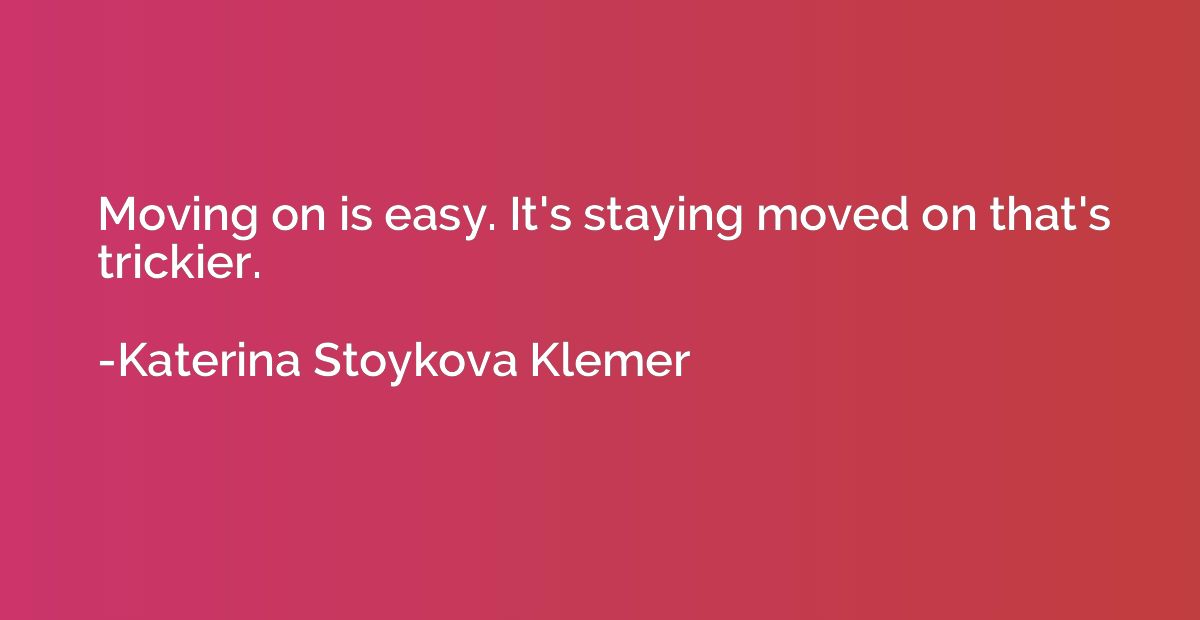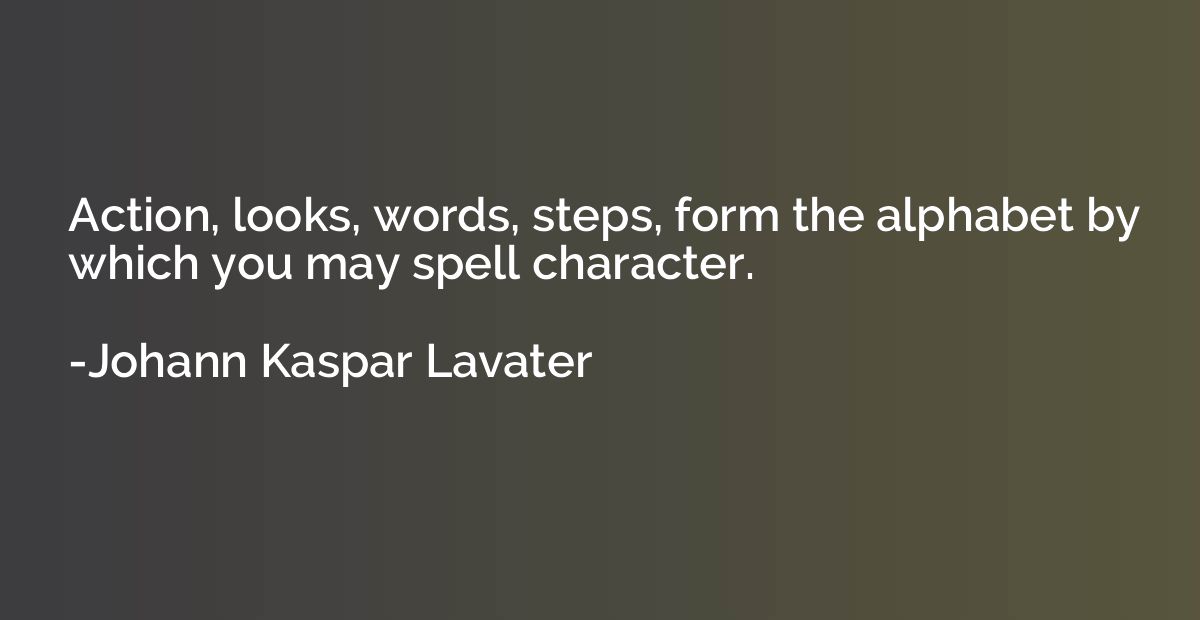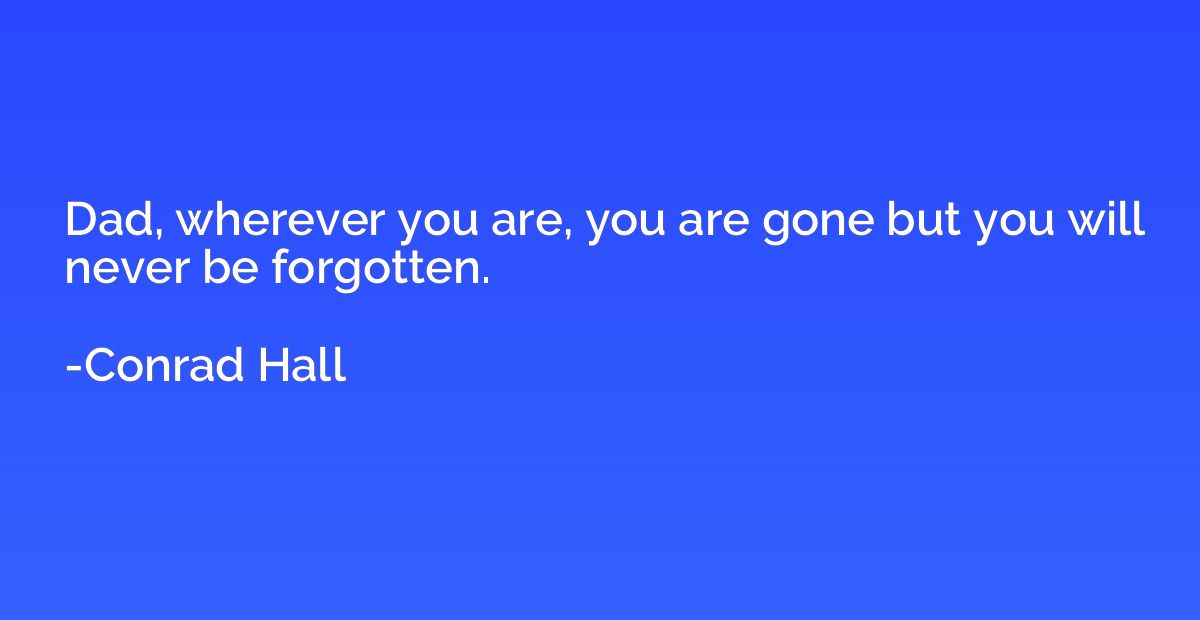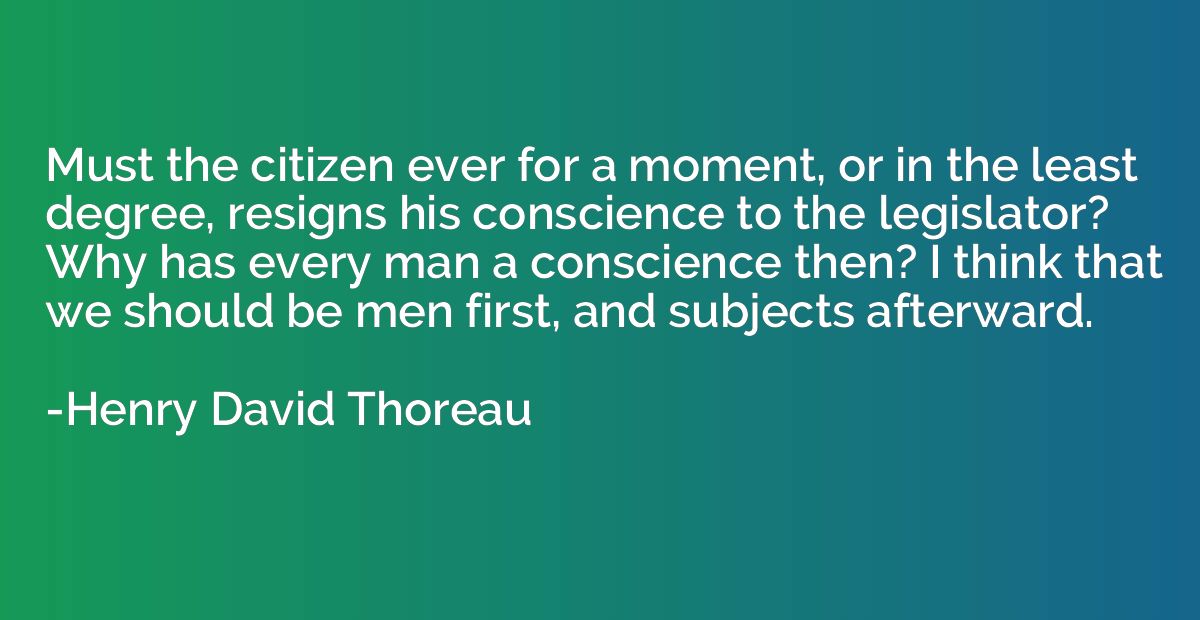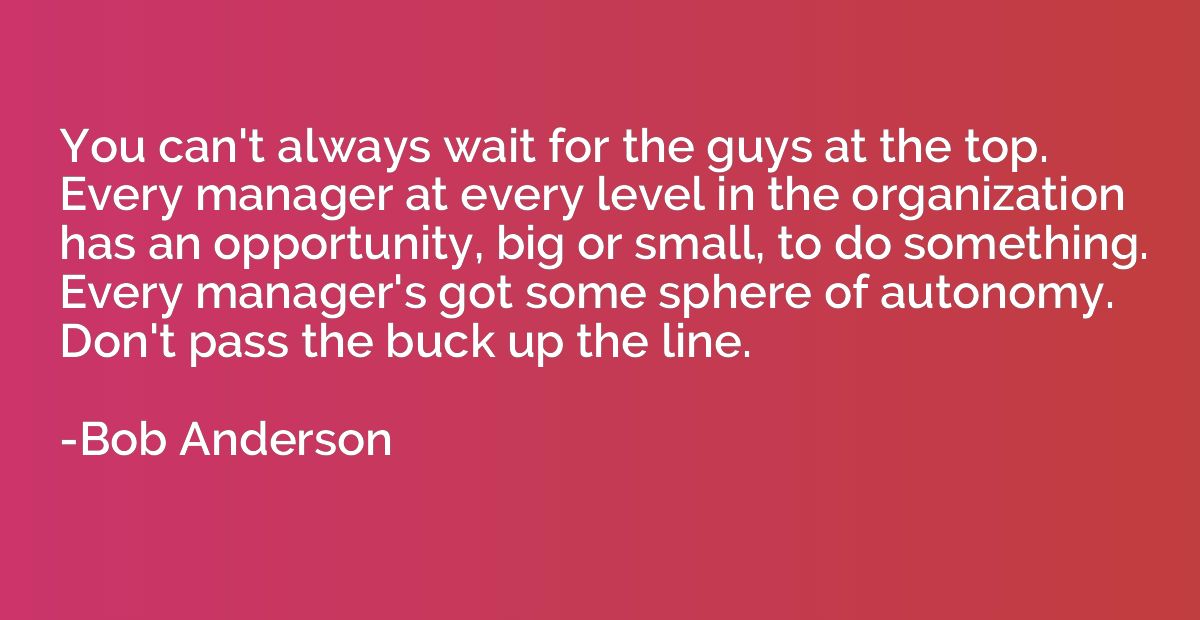Quote by Robert Dale Owen
There is a measure needing courage to adopt and enforce it, which I believe to be of virtue sufficient to redeem the nation in this its darkest hour: one only I know of no other to which we may rationally trust for relief from impending dangers without and within.
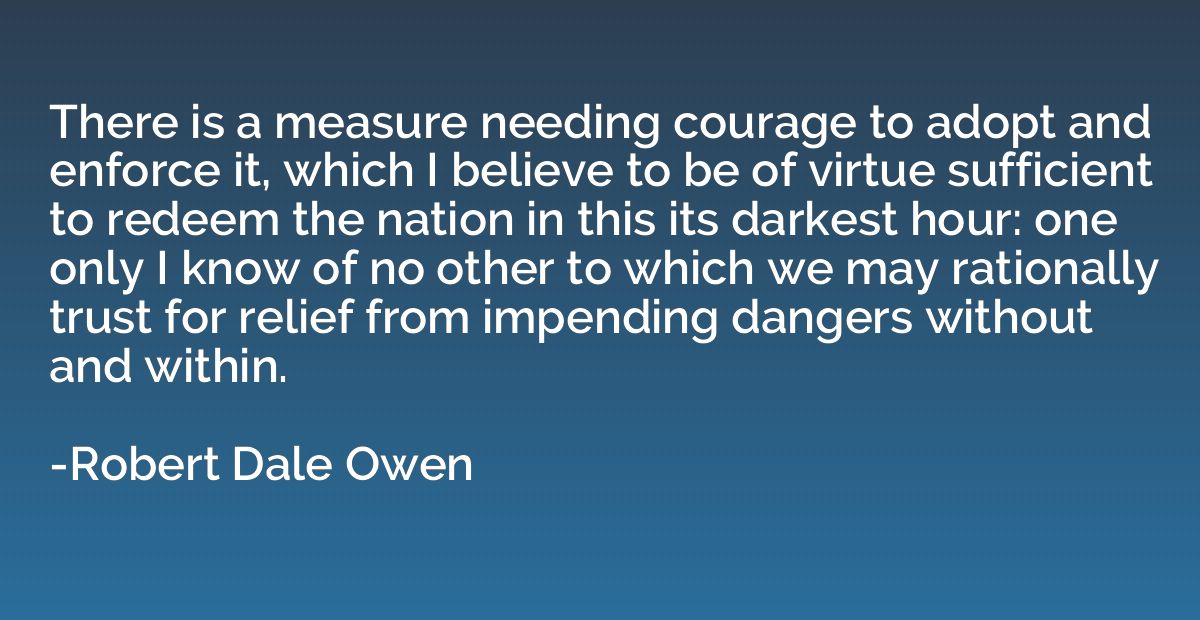
Summary
This quote suggests that there is a necessary and courageous action that can save a nation during its most difficult times. The speaker believes that this particular action possesses enough virtue to bring redemption to the nation, even during its darkest hour. They assert that this action is the only viable solution to protect the nation from imminent threats both externally and internally. Though the specific action is unspecified, the quote emphasizes the importance of having courage, virtue, and trust in choosing and implementing the right course of action in times of crisis.



